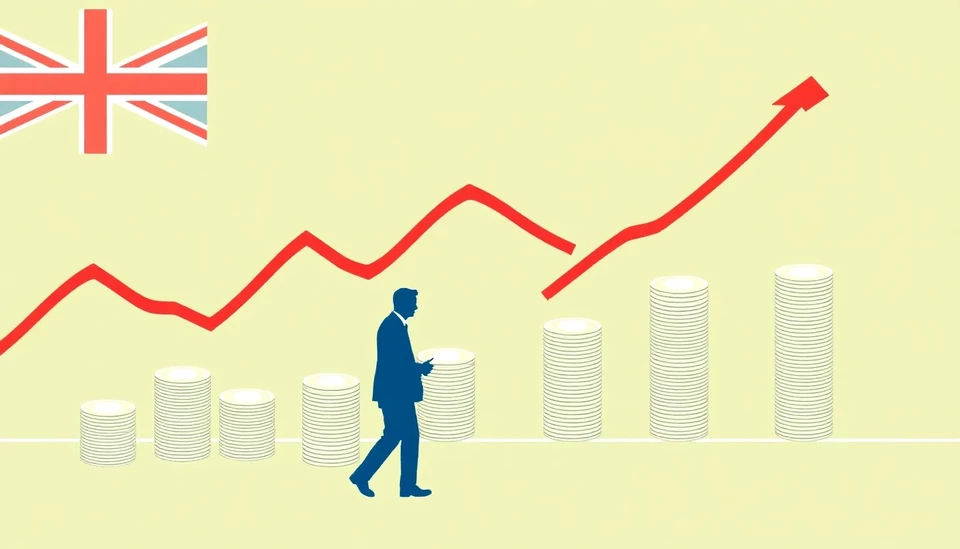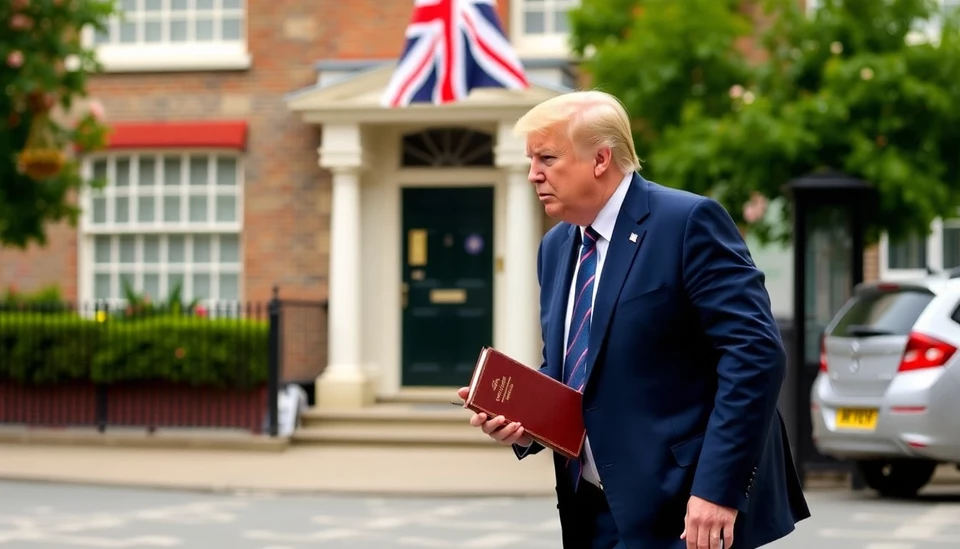
Recent revisions to economic data have revealed that the UK's economy has experienced a notable period of stagnation following the ascent of the Labour Party to power. The latest figures paint a worrying picture for both policymakers and citizens as the nation grapples with persistent financial challenges.
The newly released data indicates that the UK’s GDP growth has been far less robust than previously reported. Following Labour's election victory in late 2024, there were initial hopes for a turnaround in economic fortunes. However, the revised statistics suggest that rather than a recovery, the economy has flatlined, highlighting significant issues in key sectors.
Experts have been quick to analyze the implications of this stagnation. While the Labour Party came in with promises of revitalizing the economy and addressing pressing socio-economic challenges, the grim data presents a formidable obstacle. Economic analysts are now debating if the party can implement its ambitious plans without first overcoming the inertia affecting growth.
Key factors contributing to the stalled economy include a decrease in consumer spending, reduced business investments, and lingering effects from previous economic policies. Faced with rising inflation rates and a cost-of-living crisis, households have tightened their belts, affecting overall economic activity. Furthermore, uncertainty surrounding trade agreements and global market dynamics continues to weigh heavily on the nation’s fiscal outlook.
The response from the Labour government has been cautiously optimistic, with officials expressing commitment to implement policy changes aimed at stimulating growth. However, the timeframe for seeing results remains uncertain as analysts warn that recovery may take considerably longer than anticipated.
Opposition parties have seized upon the data as evidence that the Labour administration has not delivered on its core promises. Critics argue that the current economic climate is a direct result of mismanagement and inadequate policy measures from the new government.
As the economic landscape continues to evolve, citizens will be watching closely to see how Labour navigates these choppy waters. The stakes are high, and with public trust on the line, the government’s success in revitalizing the economy could define its tenure in office.
In summary, the revised economic data presents a sobering assessment of the UK's financial health following Labour's rise to power. With a clear need for effective strategies to stimulate growth, the government faces the daunting challenge of rectifying the course of the economy amid complex domestic and global obstacles.
As we look ahead, the nation will be grappling with the ever-pressing question of how to restore economic stability and confidence in the face of these new realities.
#UKEconomy #LabourGovernment #EconomicStagnation #RevisedData #GDP #EconomicChallenges #CostOfLiving #ConsumerSpending #BusinessInvestment #PoliticalAnalysis
Author: Daniel Foster




